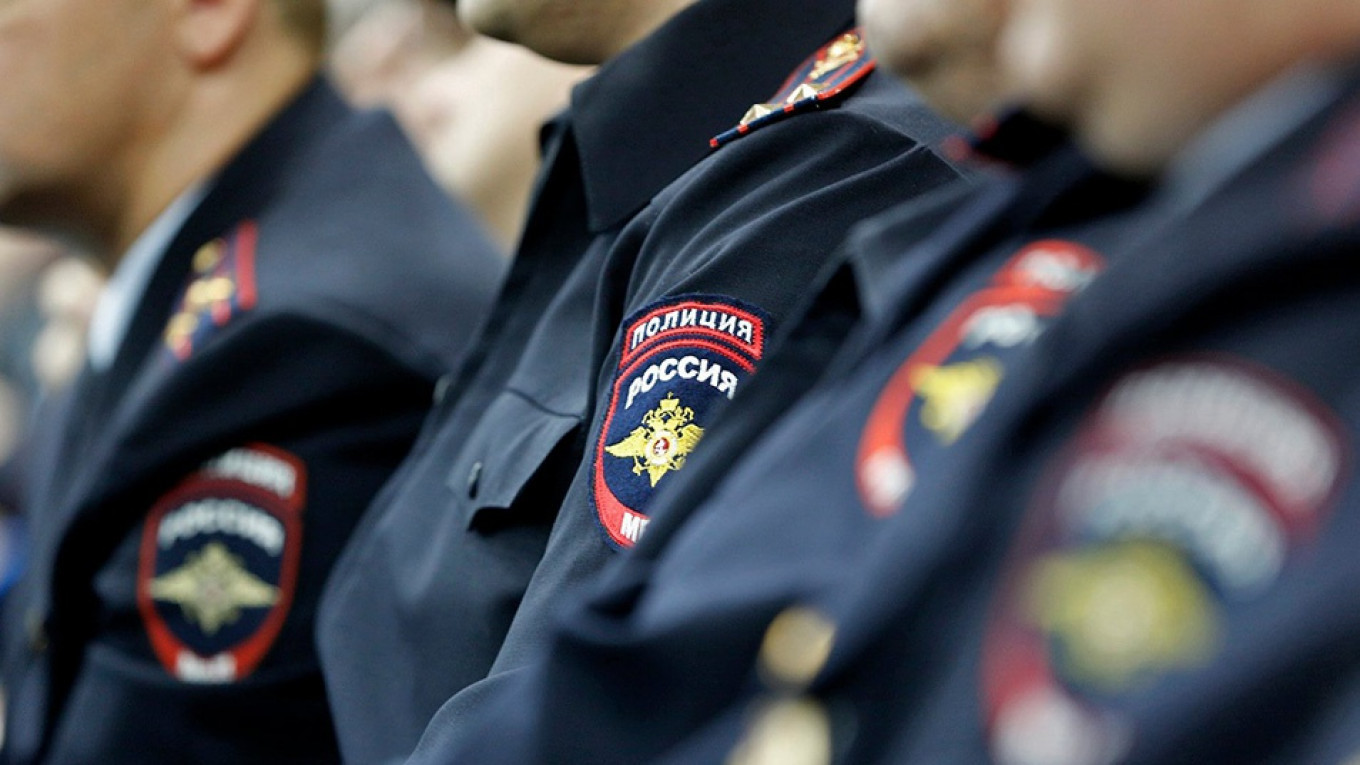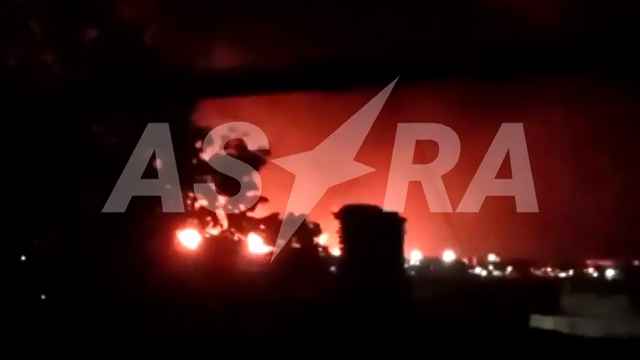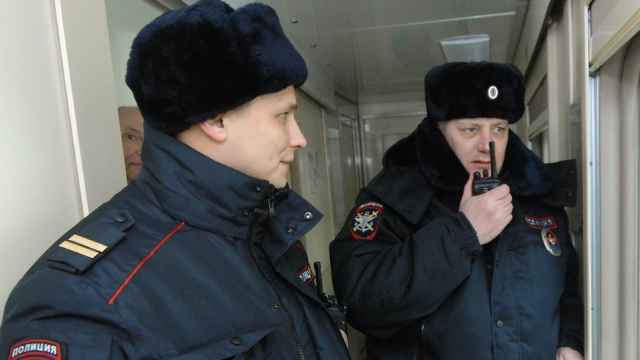Police in Russia are investigating news outlets BBC Russian, Radio Liberty and Meduza after lawmakers accused them of promoting drug use, Interfax reported Thursday.
Ten foreign NGOs allegedly recruit activists to promote the decriminalization of drugs and the three outlets “actively cover” their rallies, State Duma deputy Vasily Piskaryov said at a session on foreign meddling. All of the mostly U.S.-based NGOs are blacklisted as “undesirable” under a 2015 law that allows Russian prosecutors to limit or halt their work.
“Foreign influence is aimed at increasing the number of drug users by forming a tolerant attitude toward drug use in the public, especially among children,” Piskaryov said Thursday.
“This poses a direct threat to our country’s demographic growth and the Russian public’s preservation of traditional moral values,” Piskaryov, who chairs the anti-meddling commission, said.
Russia’s anti-drug police are inspecting BBC Russian, Radio Liberty and Meduza, along with other organizations, for propaganda surrounding drug use, the unit’s chief Andrei Khrapov told Interfax.
Meduza’s chief editor Ivan Kolpakov said in response to the announcement that the outlet doesn’t publish news that promotes drug use.
“They will either not find it or try to plant it,” Kolpakov told the Znak.com news website, alluding to the arrest last year of Meduza correspondent Ivan Golunov on fabricated drug charges.
Khrapov also announced the formation of online anti-drug propaganda units across the country Thursday.
The lower-house State Duma formed the special commission on foreign meddling in Russia after mass anti-government rallies swept Moscow last summer. Since then, it has accused foreign news outlets, U.S. diplomats and Google of encouraging people to attend opposition protests.
A Message from The Moscow Times:
Dear readers,
We are facing unprecedented challenges. Russia's Prosecutor General's Office has designated The Moscow Times as an "undesirable" organization, criminalizing our work and putting our staff at risk of prosecution. This follows our earlier unjust labeling as a "foreign agent."
These actions are direct attempts to silence independent journalism in Russia. The authorities claim our work "discredits the decisions of the Russian leadership." We see things differently: we strive to provide accurate, unbiased reporting on Russia.
We, the journalists of The Moscow Times, refuse to be silenced. But to continue our work, we need your help.
Your support, no matter how small, makes a world of difference. If you can, please support us monthly starting from just $2. It's quick to set up, and every contribution makes a significant impact.
By supporting The Moscow Times, you're defending open, independent journalism in the face of repression. Thank you for standing with us.
Remind me later.






